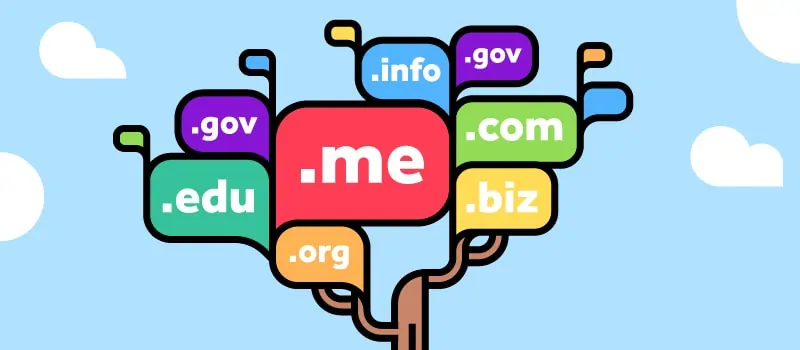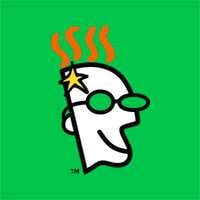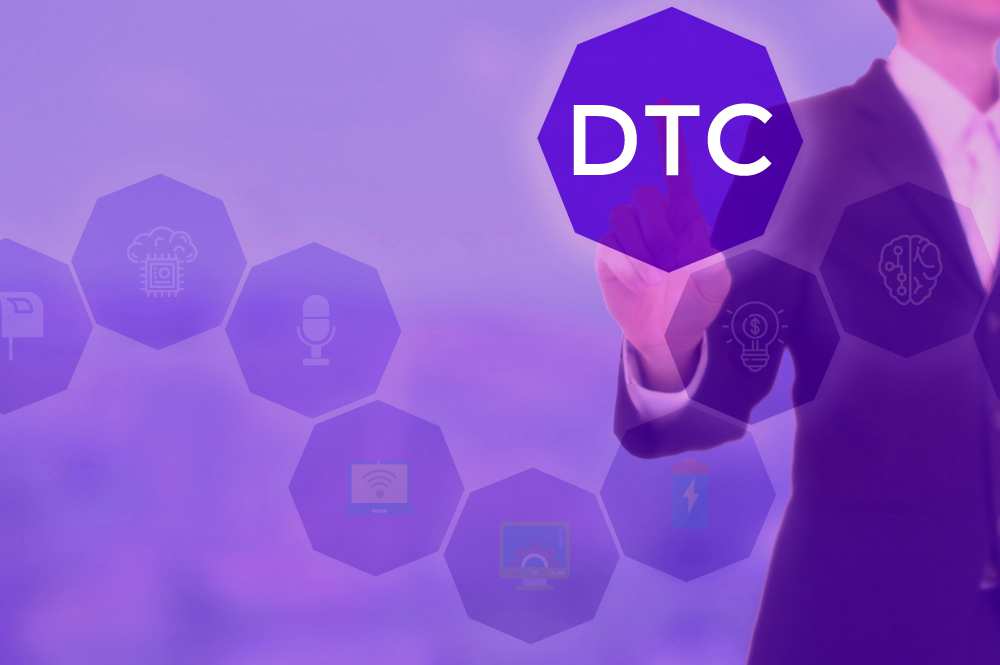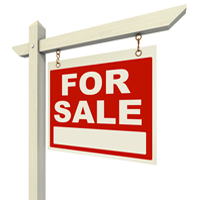Establishing a Domain Portfolio

Establishing a domain portfolio is not as easy as it was in the past. According to the Domain Name Industry Brief from Verisign, there were more than 120 million registered domains as of December 2006. This means a lot less domain availability across the board and it's getting increasingly competitive. There are more domain extensions now, such as .net, .us, .tv and others, but top level domains (TLDs) .com and .net are still the most widely sought after and respected extensions.
So why would you concern yourself with building a portfolio of varying domain names? Because your competition probably has more than one domain. In some instances, they could have hundreds if not thousands of domains. Some of which may be variations on your own domain name. Worried yet? Good. Let's get you started on establishing a domain portfolio that will secure your brand and generate revenue.
Whether you elect to buy a domain name directly from an aftermarket seller or purchase a new domain name entirely, there are a several things you should know. Domains define Web enterprises by providing a valuable branding opportunity inside the browser and outside the Web realm. Since every Web enterprise needs a domain name, or two or three, consider the following as a brief best practice guide to establishing a domain portfolio and managing it for long-term brand sustainability and profit.
Buy Existing Domains:
A quick search of desired domain names can be discouraging. But just because someone owns your top choices does not mean they won't be willing to part with it - for a price, of course. Here are some helpful tools for researching the value of domains:
- dnScoop: A free resource offering insightful information on any domain; age, inbound links, Alexa traffic rank, Google PageRank and an interesting appraisal feature.
- PagerankPredict: Predict the future Google pagerank for a domain. Free, but queries are limited to five per
hour.
Find a Reliable Domain Registrar
It is important that you find a domain registrar you can trust, with a decent balance of price, features and control. While many companies often try to bundle additional features such as hosting and email on the individual sale of domains, keep in mind that there is no reason to ever pay more than $10 per year for one new domain. The registrar you elect to help manage your domains should offer features such as privacy control and an intuitive control panel to manage the DNS records of your domains. Find domain marketplaces here.
Utilize Coupons or Become a Reseller
Getting a competitive price on domains is important if you plan on buying in bulk and for extended periods of time (more than one year). As with ordering anything online, search for coupons or stay abreast of deals by monitoring hosting company blog feeds for the most recent deals. GoDaddy frequently offers coupons and sale events.
Another option for establishing a domain portfolio on a budget is to become a domain reseller or an affiliate of an ICANN accredited registrar. Doing so will mean that you, as the portfolio owner, will be able to secure domain names at cost without any significant markup. Two popular reseller solutions are Wild West Domains and Directi.
Expand Your Domain
There's .biz, .org, .edu and the list goes on. Which ones should you buy? Well, TLDs .com and .net, at the very least - those are the most widely used domain extensions. Buy these so that no one else registers them and mooches off your hard-earned traffic. Having an active domain out there similar to your site but unrelated also causes confusion for your visitors. When you order these, be sure to forward them to your main website -don't just have them lead to a "Server not found" or 404 error page.
Misspellings & Typosquatting
Many of us frequently make mistakes when typing a URL directly into the browser address bar. Misspellings occur more frequently than you may think and there are many professional domainers out there that are actively capitalizing on these typing anomalies, often referred to as typosquatting. By registering domains that are spelled incorrectly or on different TLDs, traffic intended for your site is getting lost. Most professional domainers don't utilize common misspellings for domain names, as tyopsquatting and copyright issues are coming to the forefront, but buying such domains to protect your own brand may be in your best interest.
Buy Thematic Domain Names
If establishing a domain portfolio to support an existing company and build up some capital, it is important - some would say imperative - that you purchase domains to match or at least meet the company name and its products, services and even advertising campaigns. Much like establishing product or brand names, you will want to make sure the domains you keep have value to others. So, in addition to buying domains that match what you are offering exactly, consider buying domains that support your overall mission.
What is Domain Tasting?
Domain tasting is the practice of exploiting the grace period of a few days (provided by ICANN) at the start of a domain registration to test its marketability or whether the domain has any existing traffic through type-in traffic or outdated links. The grace period provides a full refund on domain purchases, should the buyer change his/her mind. Domain tasting, while considered by many to be unethical, is employed frequently by professional domainers.
Become A Rigorous Domain Manager
One of the inherent problems with buying hundreds or thousands of domains is managing them properly. One oversight could cost you a good domain - which is why becoming a rigorous manager of your portfolio will benefit your enterprise. Consider setting auto-renewals or at least automatic reminders to prevent your domains from expiring without your knowledge. Many professional domainers also opt to synchronize their domain expiration dates, making it easy to renew all expiring domains once and not several times throughout the year. But miss that expiration date and you could lose all of your domains.
Show Me The Money!
The reason that most people develop a domain portfolio is for the revenue. There are hundreds of ways to profit from the domains you have added to your portfolio. Here are a few of the most popular.
DIY Advertising Arbitrage
Whether you purchase a new domain, recently expired domain or one directly from someone else, the most popular method of generating revenue for professional domainers is advertising arbitrage. This practice capitalizes on direct type-in traffic or misspelling by profiting from the visits and clicks of end-users. Static pages are loaded with ads that resemble links and sources.
Lead Generation
If the domain names that you purchase directly from a seller have existing communities or a reasonable amount of traffic (whether it's through links or natural search traffic) consider setting up a lead generation network in tandem with an appropriately-themed affiliate program.
Create a Community Portal
If planning on using the domain you have bought for your portfolio, you may want to begin building a community resource that supports your other sites. For instance: You sell auto parts. Consider building a community site where members can ask and answer questions about how to install those parts.
Paid Domain Parking
To monetize new or under-developed domains, many professional domainers utilize domain parking services. There are hundreds of services available, all working in a similar way - displaying advertisements based on the theme of the domain (or domain owner keyword prompts) and, in many instances, paid-search functionality. Some popular services include Sedo.com and DomainSponsor.com.
Redirect
If you are serious about promoting one, and only one company then simply consider permanently redirecting your recently acquired domains to the core site. If the domains in your portfolio have any existing traffic, the core site will naturally benefit by receiving a flow of traffic from their existing listings in popular search engines.
Get Started , Ķ Yesterday
Let's face it - buying domains can be a lot of fun. Telling people you own thousands of websites will instantly make you the center of attention at almost every geek party. But beyond the shopping spree rush and having a good conversation starter, establishing a domain portfolio can be a serious asset to your business or your own personal income. And get on it now, because good domain names are flying off the shelves every day.











